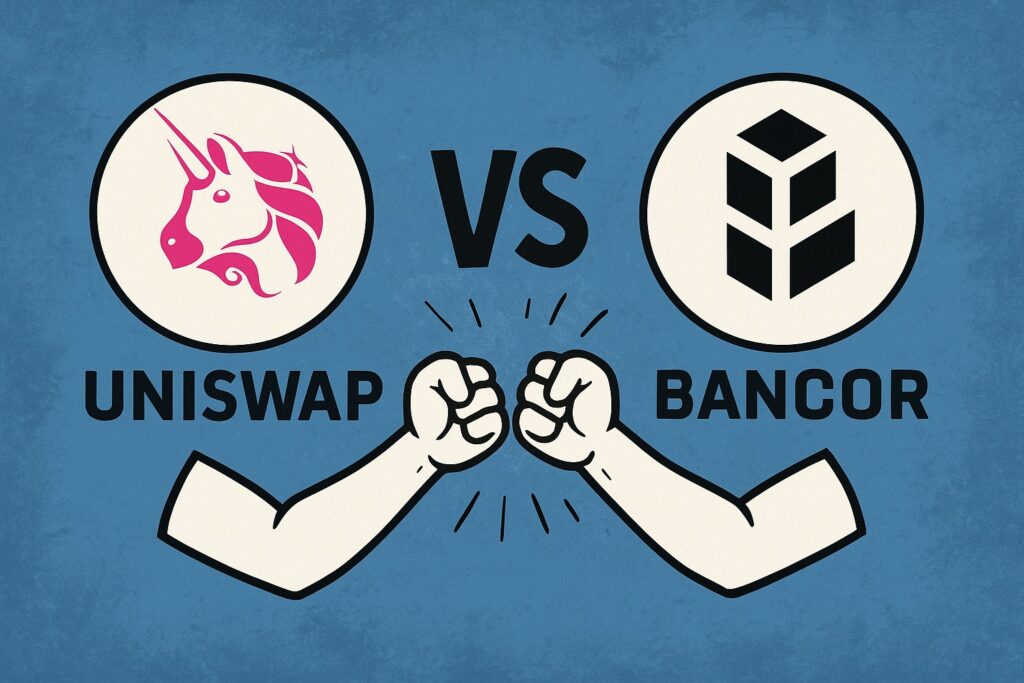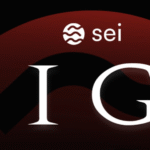Quick Take
- Bancor believes that Uniswap’s design copied a key structure patented by them in 2017 and used it to allow automated token trading without needing a centralized middleman.
- How much money the lawsuit will ask for is not yet clear.
On May 20, 2025, the Bprotocol Foundation and LocalCoin sued Uniswap Labs and the Uniswap Foundation. Bancor claims in its complaint to the U.S. District Court for the Southern District of New York that Uniswap is using their patented decentralized trading technology.
The lawsuit is mainly about the CPAMM model—which Bancor says it was the first to create and that Uniswap now relies on for its trading. According to the suit, Uniswap has based its entire protocol on this patented idea without permission or credit.
Bancor files a lawsuit claiming Uniswap used its automated market maker (CPAMM) tech without a license, citing two patents granted since 2017.
At the heart of the dispute is the use of smart contracts that power automated market makers (AMMs) in decentralized exchanges (DEXs). Bancor claims it developed and patented this core technology back in 2016 and officially filed for patent protection in 2017. According to the plaintiffs, Uniswap has been using this technology without authorization since launching its first version in November 2018.
Bancor is describing the lawsuit as a way to defend its patents and keep others from using their invention without permission. The organization mentioned that Uniswap has greatly gained from these technologies and is now among the most important platforms in DeFi.
Uniswap has become very successful. Since its creation, Uniswap has improved and the latest version is now Uniswap v4. The exchange just passed \$3 trillion in total swap volume and, as DeFiLlama reports, now holds over \$4.8 billion in TVL.
Earlier this year, in April 2023, Uniswap presented Carbon, a brand new DEX platform, showing the project’s ongoing commitment to DeFi innovation. But Bancor points out that Uniswap owes much of its success to foundations borrowed from others.
This case will likely affect the way intellectual property is handled in the world of decentralized finance that relies on open source.



